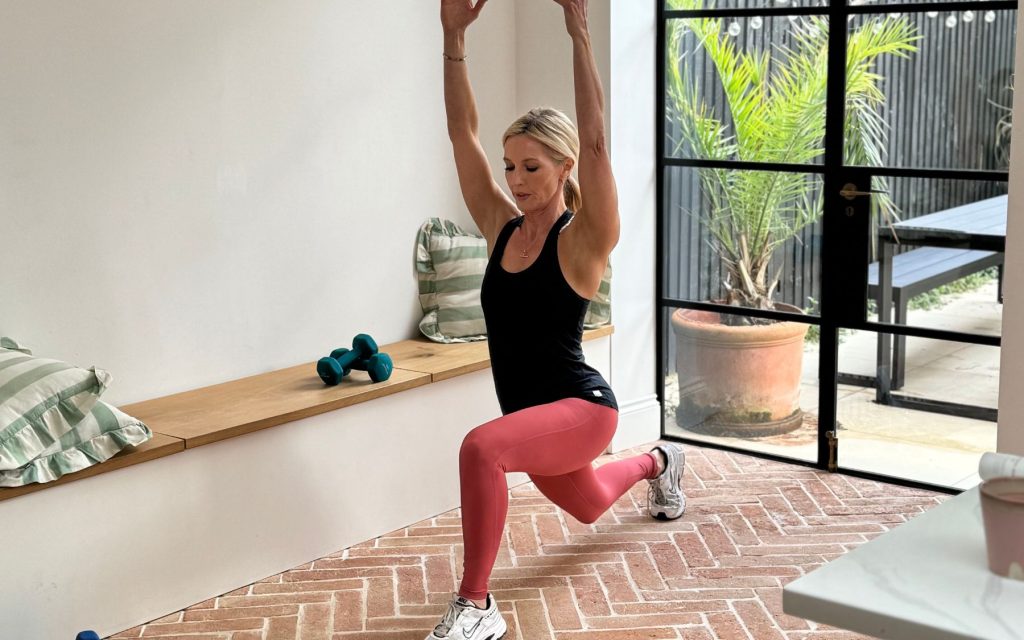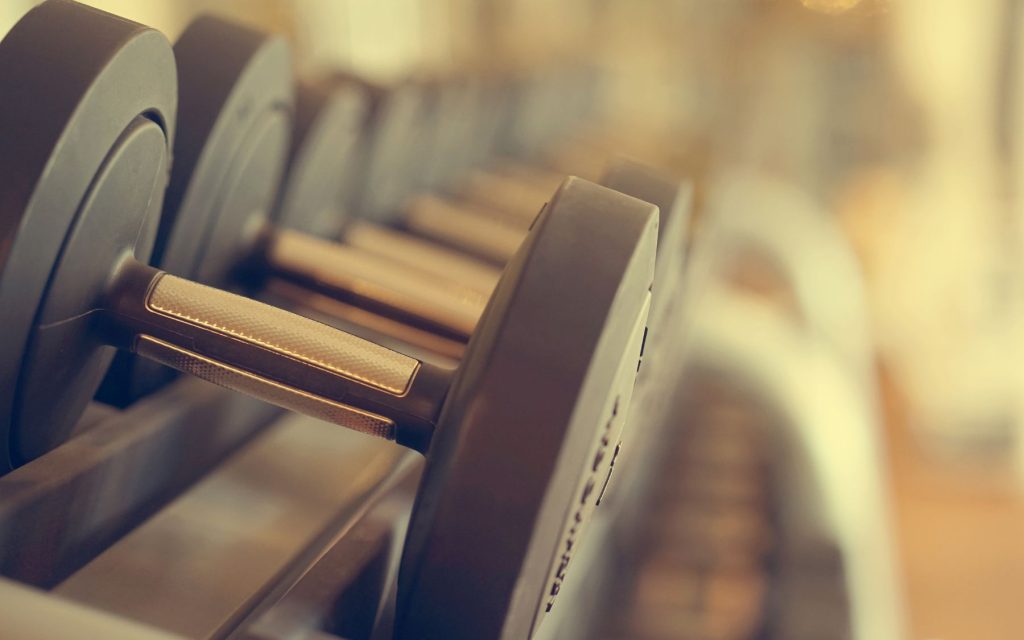
Why We Need Muscle Beyond Just Lifting Weights
When we think about building muscle, the image that often comes to mind is someone lifting heavy weights in the gym, focusing on getting stronger and looking more toned. But muscle development goes far beyond aesthetics and strength training. Muscle plays a critical role in many aspects of our overall health and daily functioning, impacting everything from metabolism to mobility. In this blog, we’ll explore why we need muscle for much more than just lifting weights.
Improved Metabolism
Muscle tissue is metabolically active, meaning it burns more calories at rest than fat tissue. The more muscle you have, the higher your resting metabolic rate (RMR). This is particularly important for weight management and fat loss. Even when you’re not exercising, having more muscle helps you burn more calories throughout the day. This doesn’t mean you need to become a bodybuilder; even moderate muscle development can have a positive impact on your metabolism.
Enhanced Functional Strength
Muscle isn’t just about lifting heavy in the gym. It plays a crucial role in functional strength, which refers to the strength we need for everyday activities. Think of carrying groceries, lifting your children, or moving furniture. These everyday tasks require strength, balance, and coordination—all of which are enhanced when you have a solid foundation of muscle. Without functional strength, daily activities can become much more difficult as we age.
Improved Posture and Bone Health
Strong muscles are essential for maintaining good posture and supporting the skeletal system. Poor posture often results from weak muscles, particularly in the core and back, which can lead to discomfort or chronic pain. By building muscle, you strengthen your body’s ability to hold itself properly, reducing strain on your joints and ligaments.
Muscle also plays a direct role in bone health. Weight-bearing exercises that build muscle also stimulate bone density, which helps prevent osteoporosis, especially as we age. In this sense, muscle development serves a protective function by ensuring that both your bones and muscles remain strong and resilient as you grow older.
Injury Prevention
When your muscles are strong and flexible, they better support your joints and ligaments, making it less likely for you to experience injuries. A well-conditioned body, with balanced muscle strength, is more resilient to sudden movements, impacts, and the physical demands of everyday life. This is why athletes focus on building muscle to not just enhance performance but also to protect their bodies from potential harm.
Boosting Mental Health
Building muscle isn’t just about physical strength—it can also have a powerful effect on your mental well-being. Studies have shown that resistance training can reduce symptoms of anxiety and depression, increase self-esteem, and boost overall mental health. The process of setting goals, achieving them, and physically feeling stronger can be incredibly empowering. Plus, the endorphins released during exercise can help you feel more relaxed and positive.
Longevity and Ageing
As we age, we naturally lose muscle mass in a process known as sarcopenia. Without proactive steps, this loss can lead to frailty, loss of balance, and reduced mobility, increasing the risk of falls and injuries. By maintaining muscle mass through regular exercise, we can slow down this process and continue to live independently for longer. Muscle strength is closely linked to longevity and quality of life as we age, enabling us to stay active and enjoy life.
Conclusion
Muscle development is about far more than just lifting heavy weights at the gym. It’s about enhancing your overall health, improving your daily functionality, protecting your bones and joints, and boosting your mental health. By incorporating muscle-building exercises into your routine, you’re investing in a stronger, healthier, and more resilient body that will serve you well throughout your life.
As always, any questions please do get in touch.
Caroline x



